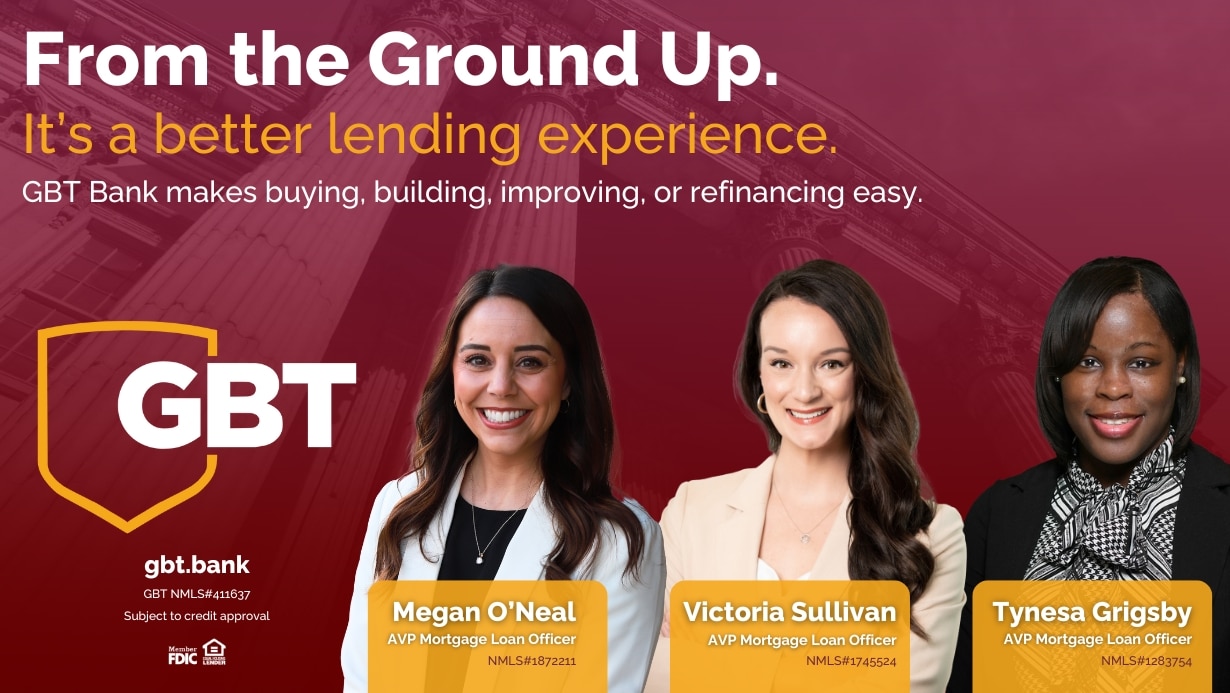HOME LOANS
HOME OWNERSHIP BEGINS HERE.
Whether you’re thinking of buying, building, improving, or refinancing, get the best rates from lenders you can trust at Gibsland Bank & Trust. Our loan officers will help you find an affordable loan that fits your situation and walk you through the entire process.

An adjustable–rate mortgage (ARM) differs from a fixed-rate mortgage in many ways. Most importantly, with a fixed-rate mortgage, the interest rate and the monthly payment of principal and interest stay the same during the life of the loan. With an ARM, the interest rate changes periodically, usually in relation to an index, and payments may go up or down accordingly.
To compare two ARMs, or to compare an ARM with a fixed-rate mortgage, you need to know about indexes, margins, discounts, caps on rate and payments, negative amortization, payment options, and recasting (recalculating) your loan. You need to consider the maximum amount your monthly payment could increase. Most importantly, you need to know what might happen to your monthly mortgage payment in relation to your future ability to afford higher payments.
Lenders generally charge lower initial interest rates for ARMs than fixed-rate mortgages. At first, this makes the ARM easier on your pocketbook, than a fixed-rate mortgage for the same loan amount. Moreover, your ARM could be less expensive over a long period than a fixed-rate mortgage – for example, if interest rates remain steady or move lower.
Against these advantages, you have to weigh the risk that an increase in interest rates would lead to higher monthly payments in the future. It’s a trade-off- you get a lower initial rate with an ARM in exchange for assuming more risk over the long run. Here are some questions you need to consider:
- Is my income enough – or likely to rise enough – to cover higher mortgage payments if interest rates go up?
- Will I be taking on other sizable debts, such as a loan for a car or school tuition, in the near future?
- How long do I plan to own this home? If you plan to sell soon, rising interest rates may not post the problem they might if you plan to own the house for a long time.
- Do I plan to make any additional payments or pay the loan off early?
Contact us today!
As you take time to get to know our team, please know that all of us are available to meet with you by phone, email, or in person at one of our local branches that would be convenient to you. We want to ensure that the mortgage process compliments your busy schedule, so calls and appointments are even available after hours and on weekends as needed. We look forward to answering your questions and walking you through the home buying process.
- Minimum 5% down payment
- 3% seller concession
- Private Mortgage insurance required on Loan to Values >80%
- 10/15/20/30 year terms
- Sold to secondary market
- 3.5% down payment
- 6% seller concessions
- 1.75% Upfront MIP
- Gift funds allowed for down payment
- 15 and 30 year term
- Sold to secondary market
- 3% down payment
- First-time homebuyer program
- Online counseling program with certificate required to obtain financing
- Borrower or Co Borrower cannot have owned a home in last 3 years.
- Income limits apply
- Sold to secondary market
- 0% down payment
- 6% seller concessions
- Up to 102% LTV
- Income limits apply/property must be eligible
- Sold to secondary market
Borrower to present certificate of eligibility from VA
- 0% down payment
- 4% seller concessions
- No upfront mortgage insurance
- No monthly mortgage insurance
- 15 and 30 year term
- Sold to secondary market

